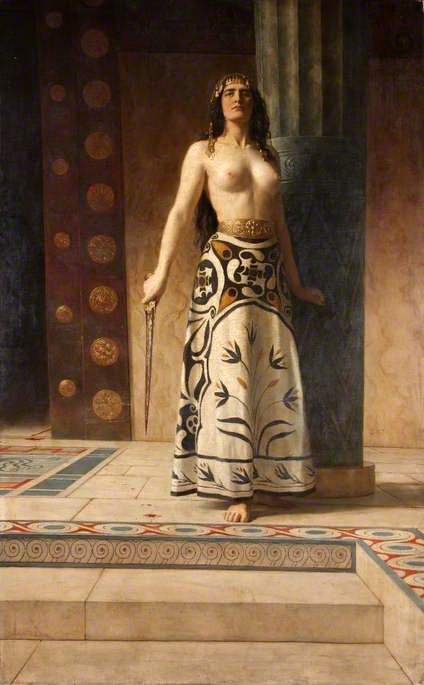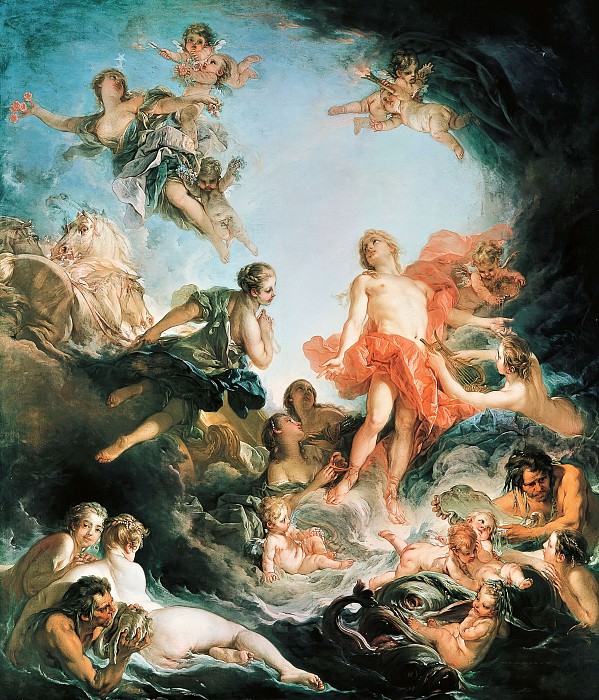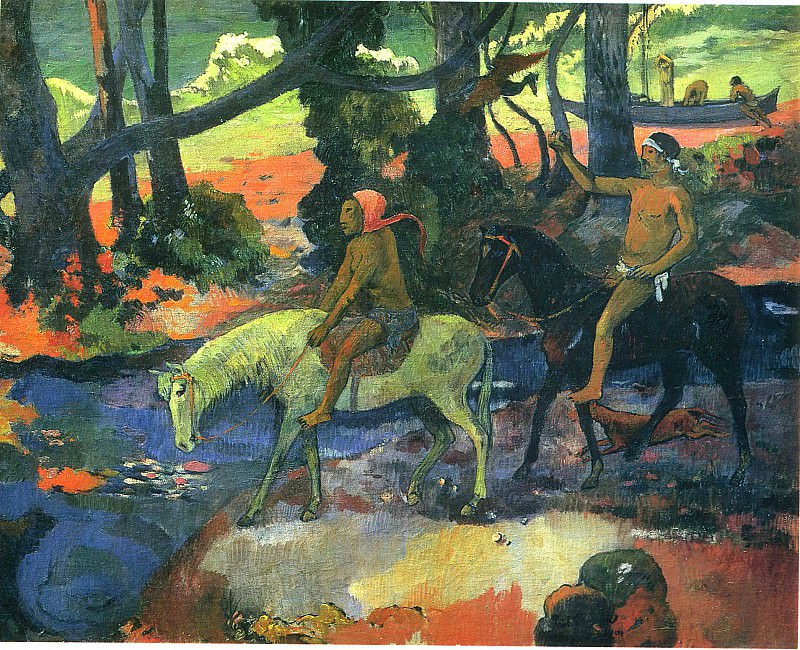Introduction to Tate Art
Tate Art stands as a monumental institution in the world of visual arts, known for its impressive collection and significant contributions to the global art landscape. Tate's network of galleries, including Tate Modern, Tate Britain, Tate Liverpool, and Tate St Ives, collectively offer an extensive and diverse array of artworks ranging from historical masterpieces to contemporary innovations. Founded in 1897, Tate Art has evolved from a single gallery into a renowned entity that bridges past and present, tradition and modernity, while showcasing art from across the globe.
The Origins and Evolution of Tate Art
Tate Art's origins trace back to the establishment of the Tate Gallery in London, initially created to house the collection of British art donated by Henry Tate, a sugar magnate and philanthropist. The original Tate Gallery, located on Millbank, became a cornerstone of British art, featuring works by prominent artists such as J.M.W. Turner, whose bequest formed the foundation of the Tate’s collection. Over the decades, Tate Art expanded its scope to include international art, thus broadening its influence and reach.
In 2000, Tate Modern was inaugurated in a transformed former power station in Bankside, London, representing a pivotal moment in Tate’s evolution. This new space allowed Tate Art to embrace and display modern and contemporary works, significantly altering the landscape of art galleries and becoming one of the most visited art institutions in the world. Tate Modern's vast galleries and innovative exhibition formats provide a platform for both established and emerging artists, making it a hub for contemporary art.
Tate Britain: The Historical Anchor
Tate Britain, the oldest of Tate’s galleries, serves as a custodian of British art from the 16th century to the present day. It offers visitors a comprehensive overview of British artistic development through its extensive collection, which includes notable works by artists such as William Blake, John Constable, and J.M.W. Turner. The gallery’s exhibitions and collections are carefully curated to reflect the historical, social, and political contexts that have shaped British art over centuries.
Tate Britain’s role is not just to preserve but also to engage with British art in a dynamic way. The gallery regularly updates its exhibitions to include contemporary perspectives and re-evaluate historical narratives, ensuring that its presentations resonate with modern audiences while honoring the rich legacy of British artistic heritage.
Tate Modern: A Vanguard of Contemporary Art
Tate Modern, with its striking architecture and innovative approach to exhibition design, has become a global leader in showcasing contemporary art. Its transformation from a power station to a cultural icon is a testament to its role in redefining the museum experience. The gallery’s spacious Turbine Hall is famous for hosting large-scale installations and immersive works that challenge traditional boundaries of art.
The collection at Tate Modern spans from the early 20th century to the present, featuring works by influential artists such as Pablo Picasso, Andy Warhol, and Damien Hirst. Tate Modern’s approach to presenting contemporary art is characterized by its emphasis on experimentation and dialogue, often incorporating interdisciplinary practices that intersect with performance, film, and digital media.
Tate Liverpool: Art in the North
Tate Liverpool extends the reach of Tate Art beyond London, serving as a vital cultural institution in the north of England. Situated in the Albert Dock, Tate Liverpool presents a diverse range of exhibitions and educational programs, contributing to the cultural vibrancy of Liverpool. The gallery’s collection includes significant works from modern and contemporary periods, and it frequently collaborates with other institutions to bring international exhibitions to its audiences.
Tate Liverpool’s commitment to community engagement and educational outreach reflects its role in fostering local artistic talent and providing access to high-quality art experiences. The gallery’s programs are designed to make art accessible to a wide audience, supporting both emerging artists and established practitioners.
Tate St Ives: Art by the Sea
Tate St Ives, located in the picturesque coastal town of St Ives, Cornwall, offers a unique setting for the presentation of modern and contemporary art. The gallery’s location in a region renowned for its artistic heritage provides a distinctive backdrop for its exhibitions and programs. Tate St Ives focuses on artists who have been inspired by the landscape and light of the area, showcasing works that reflect the special relationship between art and environment.
The gallery’s collection includes works by artists associated with the St Ives School, such as Barbara Hepworth and Ben Nicholson, as well as contemporary artists who engage with the themes of place and perception. Tate St Ives also hosts seasonal exhibitions and educational programs that explore the intersection of art, nature, and local culture.
The Tate Collection: A Global Perspective
The Tate collection, encompassing the holdings of all four Tate galleries, is one of the most comprehensive and diverse art collections in the world. It includes over 70,000 artworks, ranging from classic British art to cutting-edge contemporary pieces. This extensive collection allows Tate Art to offer a rich and varied program of exhibitions, reflecting both historical and current trends in art.
The collection’s breadth and depth enable Tate Art to provide a comprehensive view of artistic developments across different periods and regions. From ancient to modern, traditional to avant-garde, the Tate collection serves as a vital resource for understanding the evolution of art and its impact on society.
Educational and Public Programs
Tate Art is committed to providing educational and public programs that enhance the understanding and appreciation of art. Through workshops, lectures, and interactive sessions, Tate engages audiences of all ages and backgrounds, fostering a deeper connection with the artworks and artists on display. The gallery’s educational initiatives aim to inspire creativity and critical thinking, encouraging visitors to explore their own artistic practices and perspectives.
Tate’s public programs also include special events, artist talks, and panel discussions that offer insights into the creative processes and themes explored in current exhibitions. These programs are designed to create a dynamic dialogue between artists, audiences, and the broader cultural community.
Tate’s Role in the Art World
Tate Art plays a pivotal role in the global art world, not only through its impressive collection and exhibitions but also through its contributions to art scholarship and research. The institution’s publications, online resources, and collaborations with other cultural organizations enhance the discourse surrounding art and its significance. Tate’s leadership in promoting and preserving art underscores its commitment to advancing the field and supporting artistic innovation.
The gallery’s impact extends beyond its physical spaces, influencing art practices and cultural policies on an international scale. By providing a platform for diverse voices and perspectives, Tate Art helps shape the future of art and its place in society.
Conclusion
Tate Art represents a dynamic and influential force in the world of visual arts, with its network of galleries providing a rich tapestry of artistic experiences. From the historical depth of Tate Britain to the contemporary edge of Tate Modern, and from the regional engagement of Tate Liverpool to the unique setting of Tate St Ives, each gallery contributes to a comprehensive and diverse understanding of art. Through its extensive collection, innovative exhibitions, and commitment to education, Tate Art continues to inspire, challenge, and engage audiences, affirming its role as a leading institution in the art world.




